Second Emergency Demobilization and Reintegration Project
Creating New Beginnings for Ex-Combatants in Rwanda
In 1997, the Rwanda Demobilization and Reintegration Commission (RDRC) was established and has since demobilized and offered reintegration support to more than 70,000 ex-combatants. IDA supported these efforts with two consecutive projects: the Emergency Demobilization and Reintegration Program (2002-2008), and the Second Emergency Demobilization and Reintegration Project (SEDRP) (2009-2017).
Date: July 7, 2021Type: Feature StoryLanguage: English
New Beginnings for Ex-Combatants in Rwanda
Between 2002 and 2017, the World Bank supported the Government of Rwanda to demobilize thousands of former combatants and help them rejoin their communities.
Date: January 28, 2019Type: Feature StoryLanguage: English
Emergency Demobilization and Reintegration in Rwanda
Emergency Demobilization and Reintegration in Rwanda
Date: February 1, 2013Type: ResultsLanguage: English
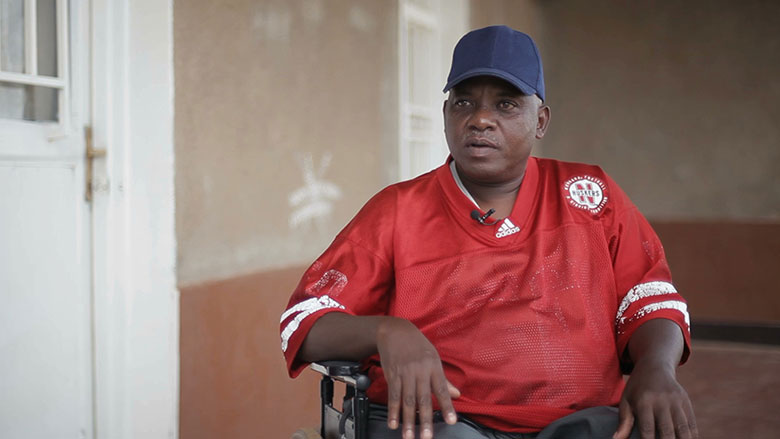
Disabled ex-combatants in Rwanda regain their autonomy and rebuild their lives
The Rwanda Demobilization and Reintegration Commission, with support from the World Bank and development partners, spearheaded an effort to categorize ex-combatants by degree of permanent disability in order to offer them tailored support.
Date: January 24, 2019Type: VideoLanguage: English

Au Rwanda, les ex-combattants handicapés retrouvent leur autonomie et reconstruisent leur vie
La Commission rwandaise de démobilisation et de réintégration, avec l’appui de la Banque mondiale et des partenaires du développement, a conduit un effort pour catégoriser les ex-combattants en fonction de leur degré d’invalidité permanente, afin de leur...
Date: January 24, 2019Type: VideoLanguage: French
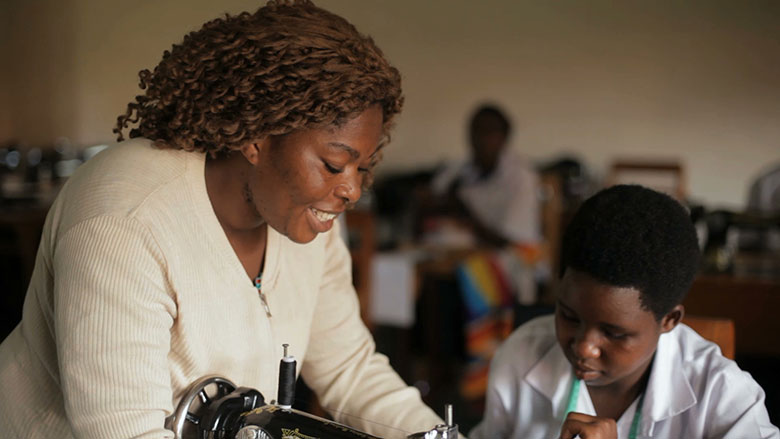
In Rwanda, ex-combatants acquire new skills and hold jobs
Former combatants who have been away from their communities for many years can face great difficulties when making the transition from conflict to peace.
Date: January 24, 2019Type: VideoLanguage: English

Au Rwanda, les ex-combattants acquièrent de nouvelles compétences et trouvent des emplois
Les anciens combattants isolés de leurs communautés pendant de nombreuses années peuvent rencontrer de grandes difficultés lors de la période de transition entre le conflit et la paix.
Date: January 24, 2019Type: VideoLanguage: French
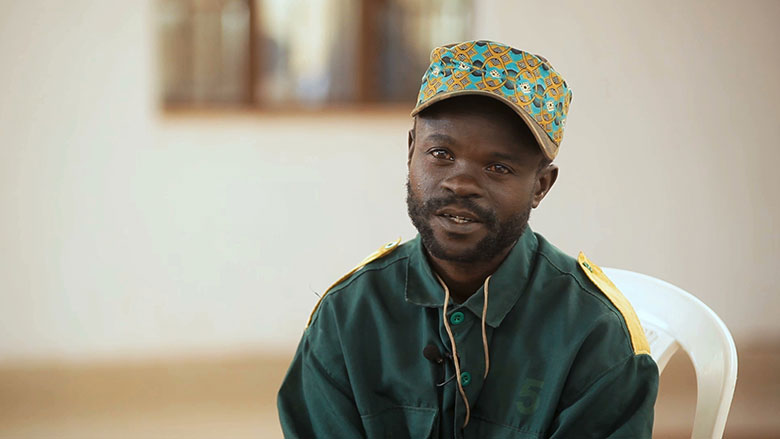
Les soins psychologiques aident les anciens combattants rwandais à se réadapter à la vie civile
Les anciens combattants de la région des Grands Lacs, en Afrique, ont souvent été exposés à des années de combats violents. En conséquence, ils doivent souvent faire face à de graves troubles de santé mentale lorsqu’ils réintègrent la vie civile.
Date: January 24, 2019Type: VideoLanguage: French

Mental health care helps Rwandese former combatants adjust to civilian life
Former combatants in Africa’s Great Lakes Region have usually accumulated years of harsh combat exposure and therefore often must cope with severe mental health challenges upon their return to civilian life.
Date: January 24, 2019Type: VideoLanguage: English
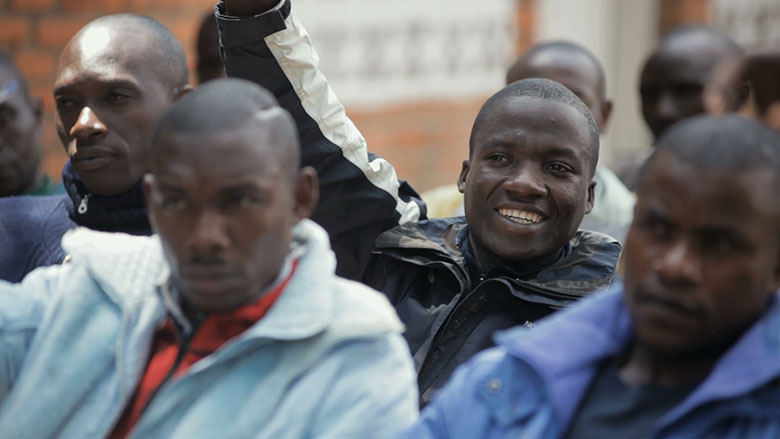
Ex-combatants return home to Rwanda
After the 1994 Genocide in Rwanda, members of the army and militia fled to the neighboring DRC where many of them continued to fight and often spent decades struggling to survive.
Date: January 24, 2019Type: VideoLanguage: English

Rwanda : les ex-combattants rentrent chez eux
Suite au génocide rwandais de 1994, les membres de l’armée et de la milice de l’ancien gouvernement ont fui vers la RDC voisine où nombre d’entre eux ont continué à se battre et ont souvent dû lutter des décennies pour survivre.
Date: January 24, 2019Type: VideoLanguage: French
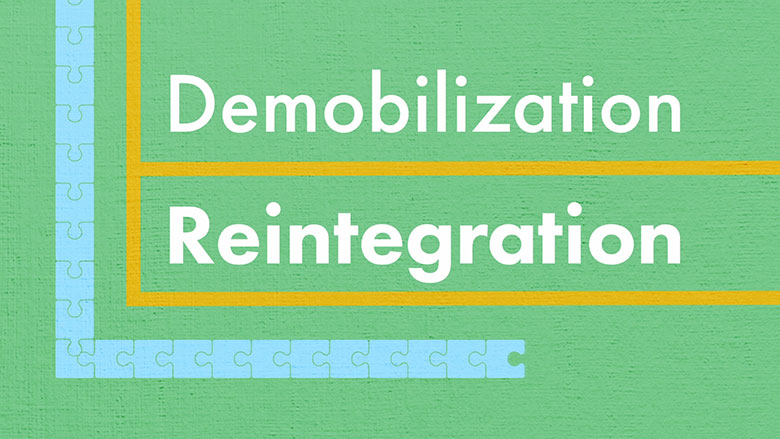
What happens after conflict stops and weapons are gone?
After weapons are gone, the real work begins. In the aftermath of conflict, people strive to reconcile and re-build their lives. This starts with supporting those who are most affected by conflict.
Date: January 24, 2019Type: VideoLanguage: English